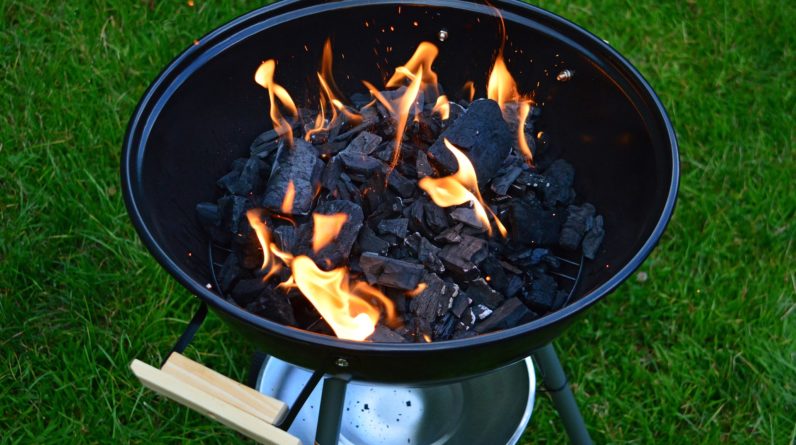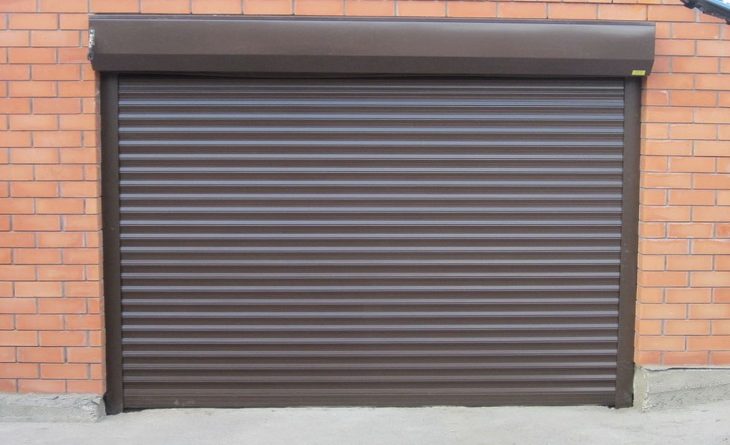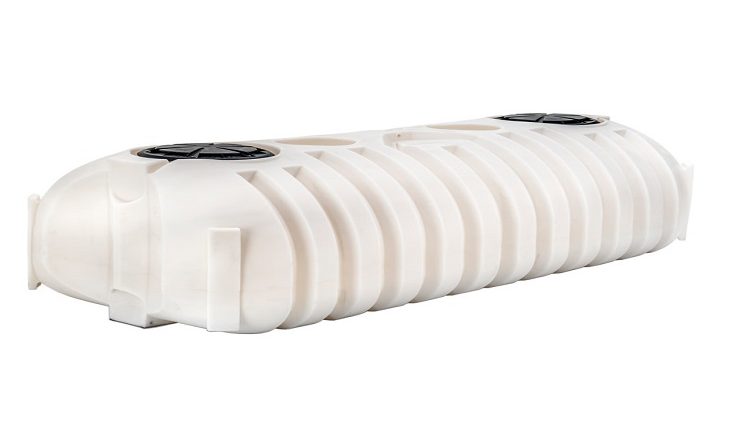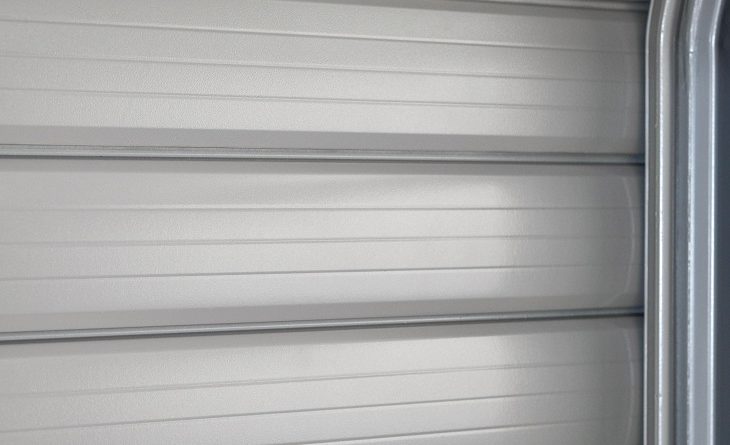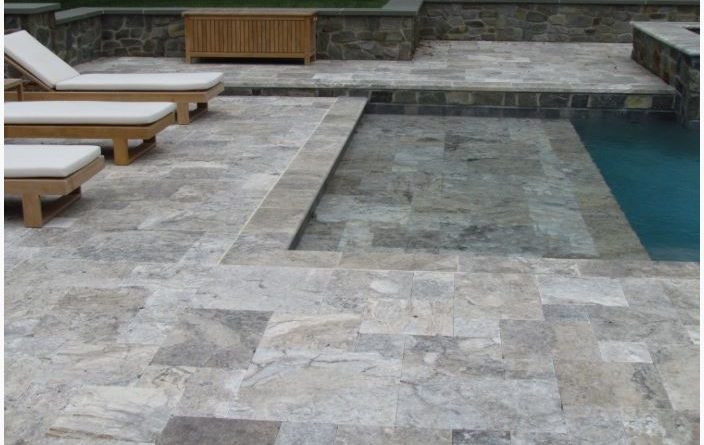
When you want to enhance an outdoor space, consider installing pavers for the best performance. There are many paving materials that you can use around your property. One of the materials that you can install as a paver is a travertine. It’s a popular option in construction and landscaping. Here are some of the qualities of travertine pavers that make it one of the best.
Types
There are two types of travertine pavers
- Tumbled travertine paver– this is a paver that is rough with a textured finish and rounded corners that give it an antique look. It is ideal for patios and pool decks.
- Chiselled travertine paver– the edge of this paver is shaped using a custom made machine. The paver is designed to fit the installation surface. The accurate installation allows the paver to take on a lot of weight.
Durability
- Travertine pavers endure varied weather conditions. They do not absorb a lot of heat during hot weather and this makes them the perfect choice for use in pool decks, pool surroundings, and patios.
- The pavers do not lose their colour even after extensive use.
- Travertine pavers are thicker than travertine tiles. Their thickness ranges from 1.25 – 2 inches and this adds extra durability to the pavers.
- The installation process of the travertine pavers makes them last longer. The pavers are installed above a mixture of gravel, sand, and mortar to guarantee durability.
Maintenance
Although travertine pavers can withstand the effects of weather elements, you also need to take good care of them. Here are a few ways to maintain travertine pavers:
- Regular Cleaning
Dust and sweep travertine surface regularly to reduce wear patterns and scratches that may form on the natural stone. Clean the pavers using a piece of non-abrasive cloth dipped in warm water. When cleaning dirt such as soil, use a neutral cleaning agent that is specially made for use on tiles and natural stones. If the soil is difficult to remove, you can use a pressurized water hose.
- Use a Sealant
Travertine pavers are water-resistant; however, when used in pool areas that have salty water, they need extra care. An external sealant is important to protect travertine and slow down the weathering process. The sealant also protects the paver from damage during winter when thawing and freezing is prevalent. Sealing of the pavers is a job that should be done by a professional for the perfect results.
Travertine sealing should be done during the installation of the pavers. Thereafter, resealing should occur at regular intervals depending on the traffic and usage. You should reseal travertine pavers at least every three years. If you use harsh chemicals to clean the pavers, you should reseal them more regularly. There are substances that you should avoid when cleaning travertine pavers. They include:
- General-purpose detergents
- Products with vinegar, lemon, or any acid
- Scouring cream or powder
- Bleach or ammonia
- Alkaline cleaners that are not custom made for use on natural stone
Travertine pavers are useful for high traffic areas as they are bulky and thick. They can withstand heavy loads without giving in. Installing them on your outdoor space such as a pool area guarantees great performance. Get a professional on the job and install travertine pavers in your home or office premises.
Read Also:
- Which Tiles Should You Choose For Your Outdoor Kitchen?
- Everything You Need To Know About Travertine Pavers


